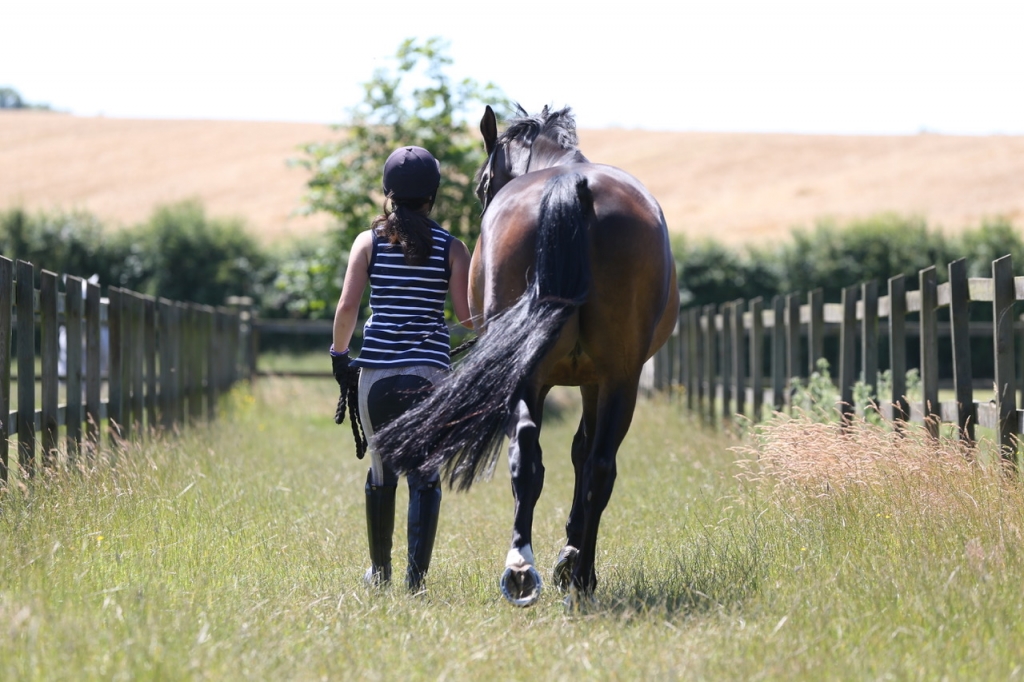
EHV Survey Participants Win With Zoetis
Zoetis Inc. today announced the two lucky winners of their recent Equine Herpes Virus (EHV) Survey prize draw. Vet Philip Jones from North Yorkshire and horse owner Jodie Carr from Londonderry, Northern Ireland are both delighted to have won smart, padded gilets.
Zoetis ran the two online surveys last month, one for vets and one for horse owners, generating almost 1300 responses. The aim of the survey was to identify the most effective ways, from vet and owner perspectives, to minimise the serious risks this infectious equine virus poses.
Philip Jones, who runs the Equine Sports Medicine Clinic in Northallerton, North Yorkshire said: “I am very pleased to win a gilet to insulate against the chilly North Yorkshire Spring. Hopefully, veterinary surgeons’ responses to the survey might help to increase vaccination rates for both EHV and flu.”
Jodie, who won the horse owner prize draw, enjoys show jumping her chestnut mare Tilly and has and a retired golden oldie. She said: “I am delighted to win the body warmer, I took the survey as I think it's important to get the views of equine owners and to see the level of knowledge that is out there. I never thought I’d win anything so I am more than chuffed with winning this great prize.”
Equine Herpes Virus is a contagious virus, which can cause respiratory disease, abortion and more rarely neurological disease. In addition, sub-clinical infections can be associated with a syndrome of poor performance and have a potential effect on the health of the whole yard.1
Penny McCann, Equine Product Manager at Zoetis said: “We were prompted to run the survey given the concerns caused by the recent flu outbreak. We are very pleased with the response we have had, which indicates how seriously both the veterinary profession and horse owners regard the threat of EHV. The results should help us to identify and then ensure that the most effective prevention strategies are accessible to vets and their clients.”
References
1Slater J (2014) Equine Herpesviruses. In: Equine Infectious Diseases. Eds., D.C. Sellon and M. Long, Saunders, St. Louis. P151-169
More from Zoetis
- 93% of horse owners would vaccinate for EHV if their vet recommended it
- Zoetis calls vets to help test groundbreaking equine health-related quality of life (HRQL) assessment tool
- Vets encouraged to engage with their farmers on the importance of orf vaccination
- Zoetis Hosts Free Webinar to Share Latest Knowledge of Lungworm
- Vets Urge Action as Dog Arthritis Misconceptions Persist

 7 years ago
7 years ago  1430 views
1430 views
